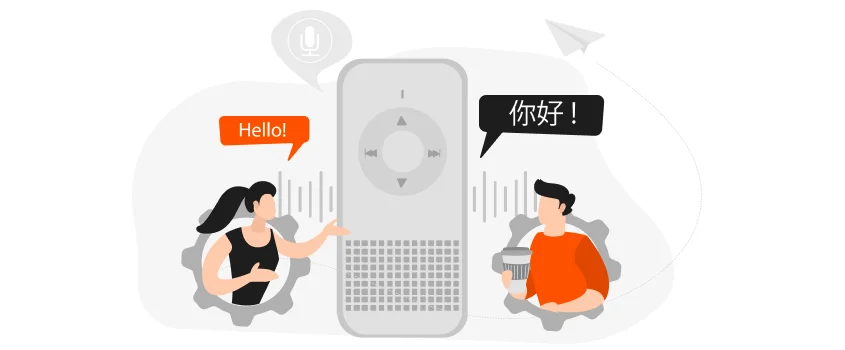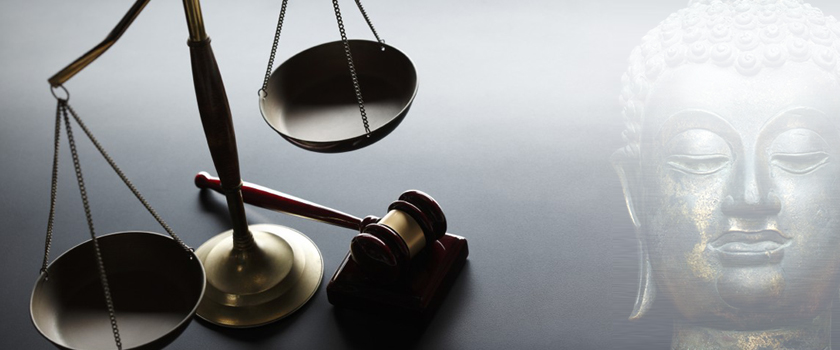2025 Offer Request a Quote Today and Grab a $50 Coupon for Free!
Cultures and traditions shape the practices of people that they used to follow in a specific region. Japan's culture and traditions hold great importance in the world because the Japanese are the nation that regained its strength again after an atomic bomb attack in Hiroshima. Japanese people take great pride in preserving their old traditions and at the same time, they also keep intact with global modern lifestyles. What comes into your mind if you think about Japanese culture? You might be thinking about sushi, samurai, sumo wrestlers, and many more.
The multi-faceted Japanese culture is very interesting. Do you know that Japan is known as the land of the rising sun? Are you inquisitive to know the richest and interesting culture in this land of the rising sun? Let’s dive into the enriched Japanese culture and traditions.
Tea is an important part of Culture of Japan. The tea is prepared for the guests artistically to make the gathering appreciated by the guests. This ceremony in Japan is the result of Buddhist practices and leads to the practice of mediation. The people that are invited to tea parties feel privileged. If you get a chance to attend any tea party then you should know that guests are seated in the party according to their age. The tea ceremony known as the way of tea is the miniature of Japanese tradition called omotenashi that means to be hospitable with guests and treat them wholeheartedly.
The other important tradition followed in Japan is gift-giving. If you are going for a business meeting or if you are invited to some other home then it is ethical for you to take the gift for the guest to give them respect. You can give a gift to the host according to your association with the host. Moreover, the packing of gifts also plays an important role. If you are unable to pack the gift then you can present it in a bag. One important thing to remember is that you should not present a bag with the number of four. Four number is considered unlucky in Japanese culture because it depicts death. It is recommended to present the gift when you are leaving. Moreover, you are recommended to give gifts from both hands despite, you are receiving the gift or giving it. The other important thing is that you should receive a gift warmly otherwise it will be considered rude.
When December comes, the streets of Japan start filling with festivities of the new year. You will be amazed to see tipsy people roaming around the roads in a wonderful mood. Moreover, you can see people in vibrant costumes celebrating and walking. Do you know what this celebration is? It is Bonenkai, a year-end party. This party means leaving behind the previous year with all its troubles and looking forward to the new year with hope. People from different fields of life like college, clubs, offices get together and enjoy delicious food and drinks to forget the last year and work hard in the coming year. Almost every company throws this party on a professional level but there are some parties that people arrange privately with family and friends. This amazing Japanese tradition is designed full of games and speeches. If you are one of the lucky champs that are invited to more than one or two parties then stick to your etiquette because parties can get louder.
If you get a chance to drink with Japanese people then you hear the word Kampia several times. This is like cheers in English-speaking countries. If you come across some drinks at a dinner party then you don’t have to fill your glass immediately even if you are thirsty. You must wait until everyone is served. When everyone is served then anyone in the audience must make a speech and shout Kampia, it means cheers. In return the audience also must reply with Kampia, if they don’t reply with this then it will be considered rude. Another important thing is that you must taste meals with the drink. It shows that you are enjoying it.
In most Western countries, people greet each other by shaking hands even though the person is close to you or not. On the contrary, in Japan people greet each other with a bow. There are different kinds of bows and there are many other customs attached with them. It can be a slight bow or a full 90 bow. What kind of bow to use? It depends upon the situation. In the bow, arms are sometimes at the side of the body and sometimes it is after your back on your chest.
• To show respect to others
• Showing gratitude
• Accepting an apology
• Saying goodbye
• Congratulating others
• Beginning of the training session
• Start of the formal ceremony
• Showing empathy
• Appreciating someone.
• Starting or leaving a martial arts dojo.
People who come to visit Japan may find it strange that people are sleeping in trains, airplanes, parks, and many other public places. Don’t get worried to see all this. It is a common tradition in Japan and it is called inemuri. It means to sleep while being present. It is not just Japanese culture but it shows that a person who is sleeping has been working for long hours to contribute to the company’s success. That is why he cannot keep his eyes open. A strange thing to note is that managers in organizations don’t mind if employees are sleeping on their desks. It does not mean that employees should bend beneath their desks and take a nap. It should seem like that employee is worn out because of work, that is why he is taking a nap. Inemuri is an unintentional tap. It depicts a certain posture that shows that a person cannot stay awake for a long moment.
Japanese culture gives importance to dignity, hard work, and values respect. Moreover, they are very good at customer service but they mind if the people reward them with extra money. It is considered a disrespectful act because it shows that you are assuming that a person is not earning respectable wages and therefore, he needs more money. All the service charges are included in the restaurant bills. To your surprise, even taxi drivers will not take a rounded-off amount. If you leave any money on the table then the waiter will run after you to return your money.
When you are in Japan, don’t try to slam the door. This is because taxis in Japan are automatic. Therefore, you don’t have to touch the door to get in or outside the taxi. Therefore Taxi drivers are not used to listening to the slamming of the door and they might get scared by the sound of the slam.
Do you know that Japan is one of the countries that use chopsticks as a utensil? Chopsticks came into Japan from China in the 7th century because of the influence of Shotoku Taishi who was a renowned politician of the Asuka period 592-710. So if you are visiting Japan don’t get confused to see chopsticks in restaurants. You must give respect to chopstick etiquettes. One of the etiquettes is not to stick the rice upright. It is the tradition that is associated with the funeral. Another thing to keep in mind is not to pass food from one pair of chopsticks to another. This is because of hygiene reasons.
The tradition of floating Lanterns in rivers is called Toro Nagashi. It is the festival used to commemorate the journey of souls after death. It is observed during the Japanese Obon holiday. They consider this time of year is the time when the spirits of loved ones come to the earth. This tradition is also used to remember the tragic atomic bombing in Hiroshima.
If you want to do business in Japan then you must have lots of business cards. It is called Meishi in the Japanese language. Business cards show your worth and professionalism. Therefore, people handle it with utmost care. If you are giving and receiving a business card from someone then don’t forget to give and receive with both hands. If you are attending a business meeting in Japan then place a business card in front of you. If you put the business card in the pocket of your trouser then it will be considered rude. Therefore keep it in your wallet. Similarly, if you give your card to anyone then they also keep it with care.
Wrapping Up:
Do you want to start a business in the land of the rising sun? For this, you must learn Japanese culture and traditions. Because cultures and traditions shape consumer behavior. Moreover, they will save you from indulging in any embarrassing situation because few rituals that are considered auspicious in your culture can be offensive in other cultures. Do you want to know more about Japanese culture?

In this blog, we will discuss 12 different types of translation. Types of translation help us to understand the diversity in
Read more
Mars Translation has a huge team of professional and experienced translators who understand their target language and can deliver the
Read more
San Francisco is a city in Western California. It is famous for its beautiful settings and it is built on
Read more
San Diego is California's second-largest city, and it has a population of 1.3 million from which three million residents are
Read more
Los Angeles is the largest city in California. It is also known by its initials L.A. This city is renowned
Read more
Dallas is the largest state in Texas after Houston and San Antonio. It is the ninth most populous city in
Read more
Austin is the capital city of the US state of Texas. It is the 11th most populous city in the
Read more
Mars Translation provides Thai legal translation services for almost all kinds of legal needs. We have a huge team of
Read more
MarsTranslation provides professional Spanish Website Translation services all over the world. We have hired only the best of the best
Read more

